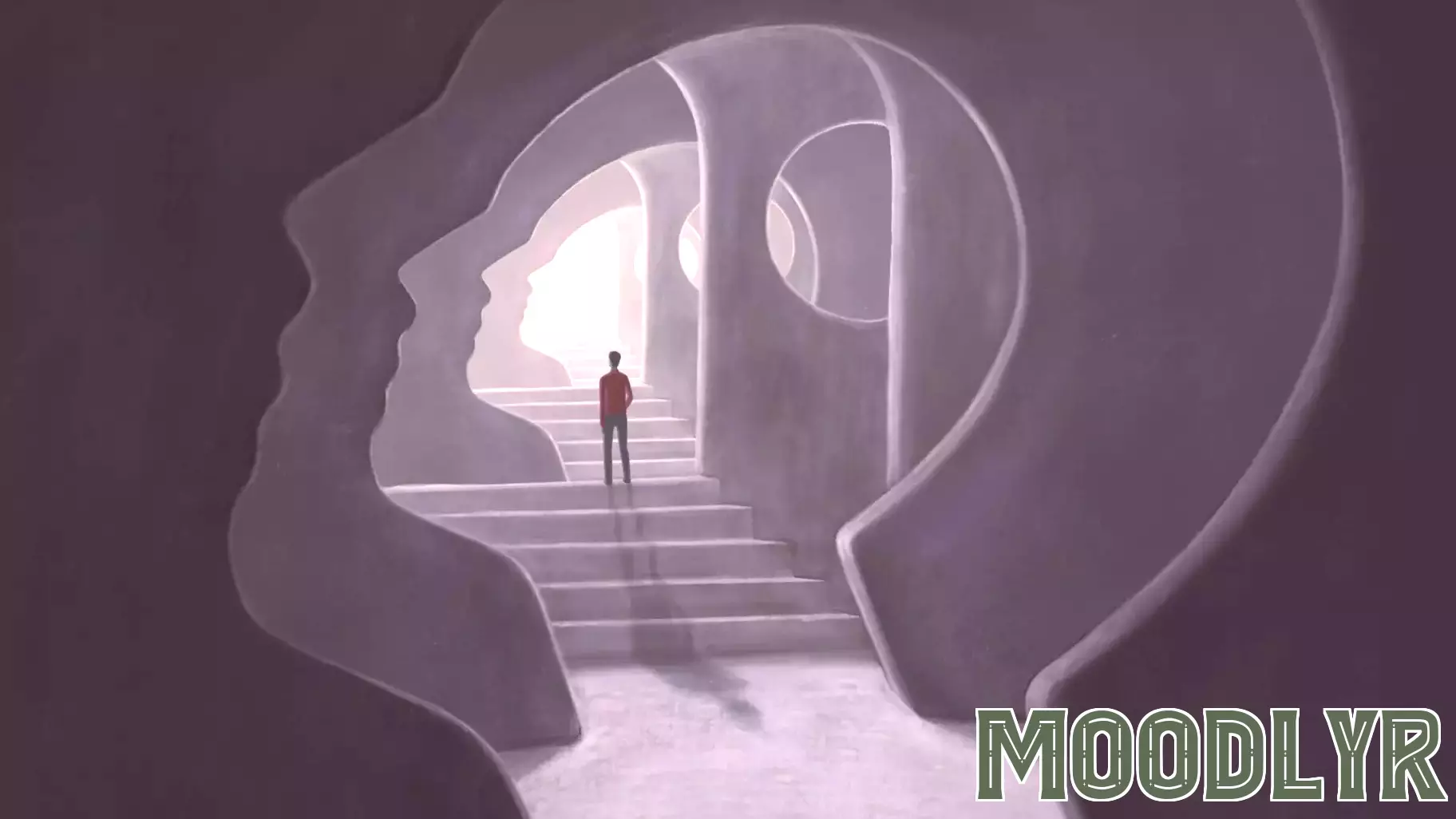Is Physicalism Losing Its Relevance in Modern Psychology?
November 27, 2024 - 18:02

A sense is growing that no matter what stunning neuroscience discoveries we make, we cannot in principle explain E = MC^2 by what Einstein had for breakfast. This sentiment raises questions about the limits of physicalism, the philosophical stance that everything can be explained in physical terms. As researchers delve deeper into the complexities of human behavior and consciousness, the notion that all mental phenomena can be reduced to physical processes is being challenged.
The ongoing discourse in psychology suggests that there are aspects of human experience that may elude a purely physical explanation. This growing skepticism invites a reevaluation of how we understand the interplay between mind and body, and whether traditional physicalist perspectives can adequately account for the richness of psychological phenomena. As the field evolves, it appears that the debate over the nature of consciousness and the mind-body relationship is far from settled.
MORE NEWS

February 6, 2026 - 14:05
9 Reasons You Feel Constantly Drained, Psychologists WarnFeeling perpetually drained is a common complaint, but psychologists warn it`s often more complex than simple lack of sleep. Experts point to several key psychological and lifestyle factors that...

February 5, 2026 - 20:22
Roanoke introduces Master of Science in psychologyRoanoke College has announced the introduction of a new Master of Science degree in Psychology, a significant expansion of its graduate-level offerings. This two-year, terminal master’s program...

February 5, 2026 - 13:44
The Psychology of Patient Consultations: Why Clinical Skills Alone Don't Guarantee Success in Aesthetic MedicineIn the world of aesthetic medicine, technical precision with a syringe is only half the equation for a successful practice. A growing consensus among industry leaders highlights that the true...

February 4, 2026 - 19:10
Tripping at Death’s Door: Psychedelics in End-of-Life CareA quiet movement is gaining ground in the realm of palliative care, where researchers and clinicians are investigating an ancient tool for modern suffering: psychedelic substances. Facing the...